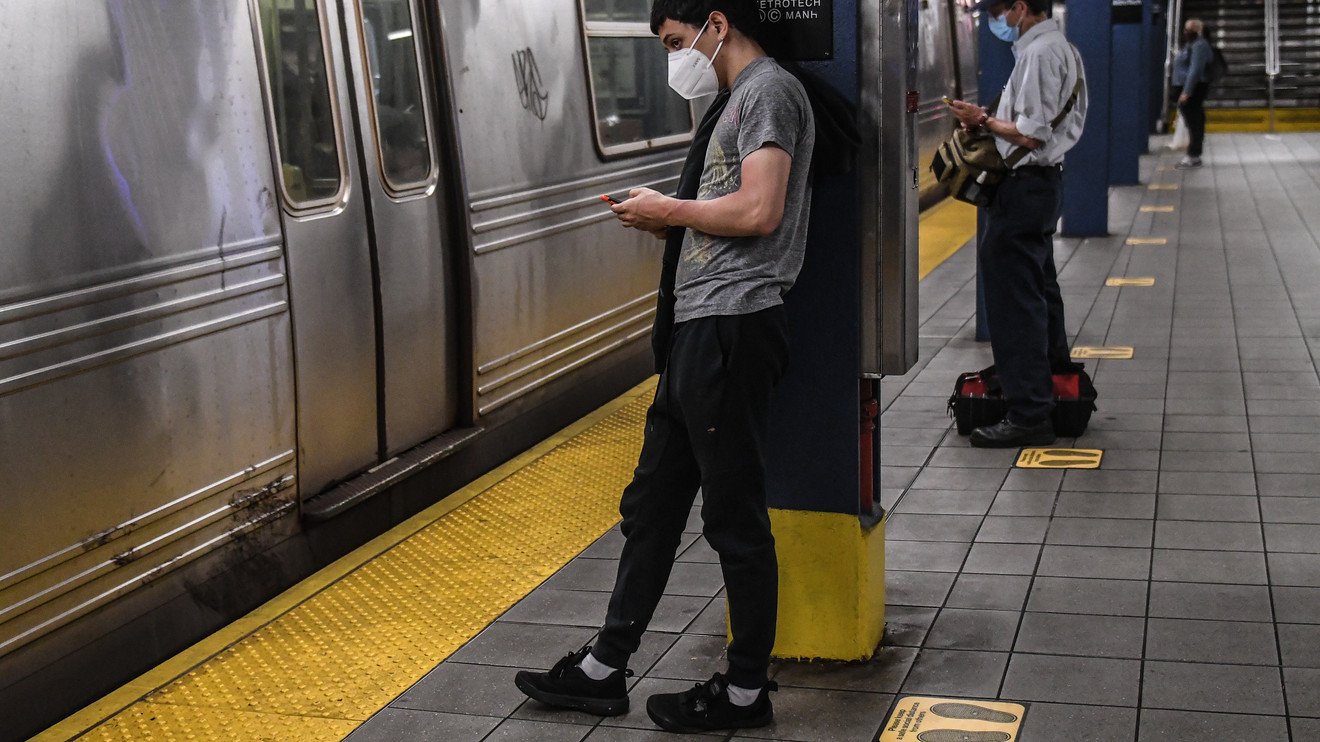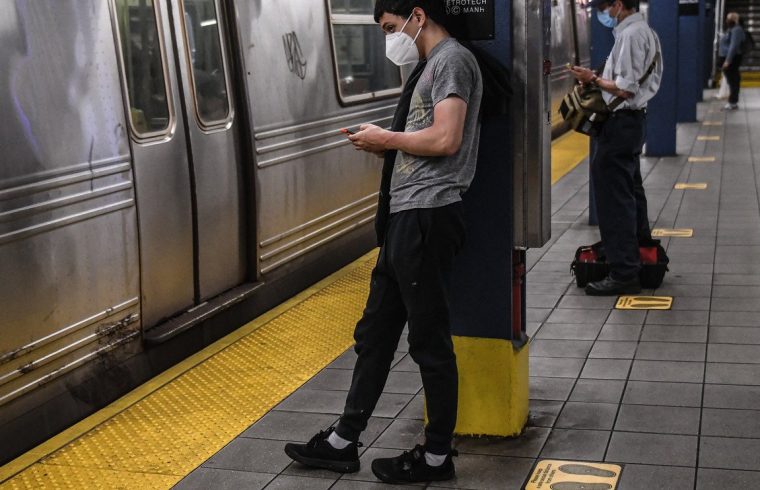
There are several reasons why some Americans might refuse to wear a face mask, even in states where it is required. It could be an act of rebellion, which is not an uncommon response in times of heightened uncertainty. It could be related to one’s gender, political affiliation, or because of skepticism about whether wearing masks limits the spread of the coronavirus. For people in that last camp, there’s new evidence to consider.
At least 230,000 cases of coronavirus may have been prevented due to government orders requiring face masks in 15 states and the District of Columbia, according to a new study by two University of Iowa professors, Wei Lyu and George Wehby, published in “Health Affairs,†a peer-reviewed journal. (A second more fully edited version of the study is set to appear in the August issue of Health Affairs.)
Last week, California became the latest state requiring masks, issuing a state mandate that most of the state’s nearly 40 million residents wear face masks in public. Previously only essential-business employees had been required to wear them.
However, over the weekend, the state reported 4,515 new cases of coronavirus, a daily record., and similar levels in subsequent days, bringing the number of cases in that state to over 178,000, Gov. Gavin Newsom, a Democrat, said Monday. Thus far, 5,521 people have died from the disease.
States including Arizona, Florida and Texas — where daily cases of coronavirus have all recently hit record highs — don’t have state-wide mask mandates and all reported new daily cases at or above 4,000.
In Arizona and Texas, Republican governors have given mayors the authority to mandate masks in their respective cities, but mayors in Florida have not been given the same authority.
Don’t miss: Wearing masks is ‘all we have’ to try to reduce the spread of coronavirus, former FDA commissioner says
“ The study estimates that after 21 days after mandating facial covers in public, daily cases of coronavirus declined by 2% â€
The study estimated the effects of face mask mandates on the daily county-level growth rate of COVID-19 cases in states that issued face mask rules between April 1 to May 21. Researchers looked at county-level case data in these states starting on March 25, nine days before the U.S. Centers for Disease Control and Prevention recommended that Americans wear face cloth coverings in places where it is hard to maintain six feet of distance from other people.
Related: Some Americans are more likely to socially distance and wear face masks than others — here’s why
Based on the model the authors created, which controlled for factors such as shelter-in-place orders and the effect of other social distancing measures, “we can simulate how the number of [coronavirus] cases might have changed without these mandates in place,†Wehby said.
Ultimately, the study estimated that 21 days after mandating facial covers in public, daily cases of coronavirus declined by 2%. In total, that amounts to “as many as 230,000 – 450,000 cases may have been averted due to these mandates by May 22,†the study states.
New York requires all residents to wear masks in public and in places where they can’t practice social distancing. But many states only require masks for essential-business employees and their patrons while on the premises. Some states only require essential employees to wear them. Meanwhile, many states don’t have any mask requirements and instead just recommend that they are worn in public places.
In the case of employee-only face mask mandates, the study found “no evidence of declines in daily COVID-19 growth rates.â€
“As countries worldwide and states begin to relax social distancing restrictions and considering the high likelihood of a second COVID-19 wave in the fall/winter, requiring use of face masks in public might help in reducing COVID-19 spread,†the study concludes.






